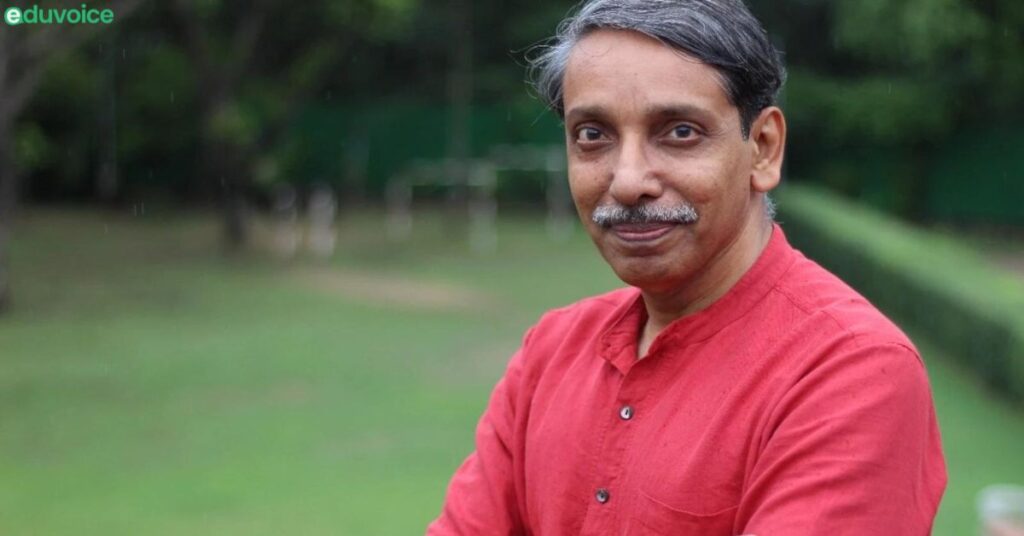The National Digital University, proposed in this year’s Union Budget, is likely to offer some courses from January and fully function from June-July next year, University Grants Commission (UGC) chairman M Jagadesh Kumar said on Tuesday.
The UGC has also decided to revise its existing online education guidelines to sync them with the Digital University and make them more flexible for higher education institutions, he added.
On February 1, finance minister Nirmala Sitharaman proposed to set up a digital university to provide education that will be built on a “hub and spoke model”.
The “hub and spoke model” refers to a distribution method in which a centralised “hub” exists. Everything either originates in the hub or is sent to the hub for distribution to consumers. From the hub, goods travel outward to smaller locations owned by the company, called spokes, for further processing and distribution.
In this case, the university will act as the “hub” and several top higher education institutions in and outside the country will act as its “spokes”, Kumar said.
The setting up of the digital varsity, which is expected to offer certificates, diplomas and full-fledged undergraduate and postgraduate degrees, is progressing rapidly, he said.
“We are expecting that the Digital University will start offering some certificate and diploma courses from January 2023 onwards. We are aiming to start full-fledged degrees from next June-July onwards,” he added.
Kumar said the university will use the government’s existing online educational platforms, including the SWAYAM (Study Webs of Active-Learning for Young Aspiring Minds) portal and Samarth e-Portal.
“These are very advanced portals. We are likely to use them for our Digital University. It can be started off very quickly using these portals,” he said.
Besides, the UGC is revising regulations for online education and the revised version will come into effect once the Digital University kicks off, the UGC chairman said.
“The present online regulations have certain restrictions such as prohibiting universities from collaborating with ed-tech companies. We are now reviewing them to make them as flexible as possible,” he said.
“Even if a university does not have its own funds, it always has intellectual resources. They can collaborate with an ed-tech company and convert the intellectual resources into digital content and put it on a platform so that they can offer online degrees,” he added.
The revised regulations will also remove the cap on the number of online courses a university can offer, he pointed out. “The present regulations allow only up to 13 programmes. We are going to remove these limitations under the revised regulations. It will benefit our own students,” he said.
Once the revised online regulations will come into effect, more students will be able to pursue two degrees simultaneously, he said.
In April, the UGC allowed students to pursue two full-time, same-level degree programmes simultaneously, in accordance with the National Education Policy (NEP) 2020.
“More students will opt for a second programme if more online courses are offered by universities. Besides, the Digital University will be there to provide that option,” he said.
For More Such Articles, News Update, Events, and Many More Click Here






